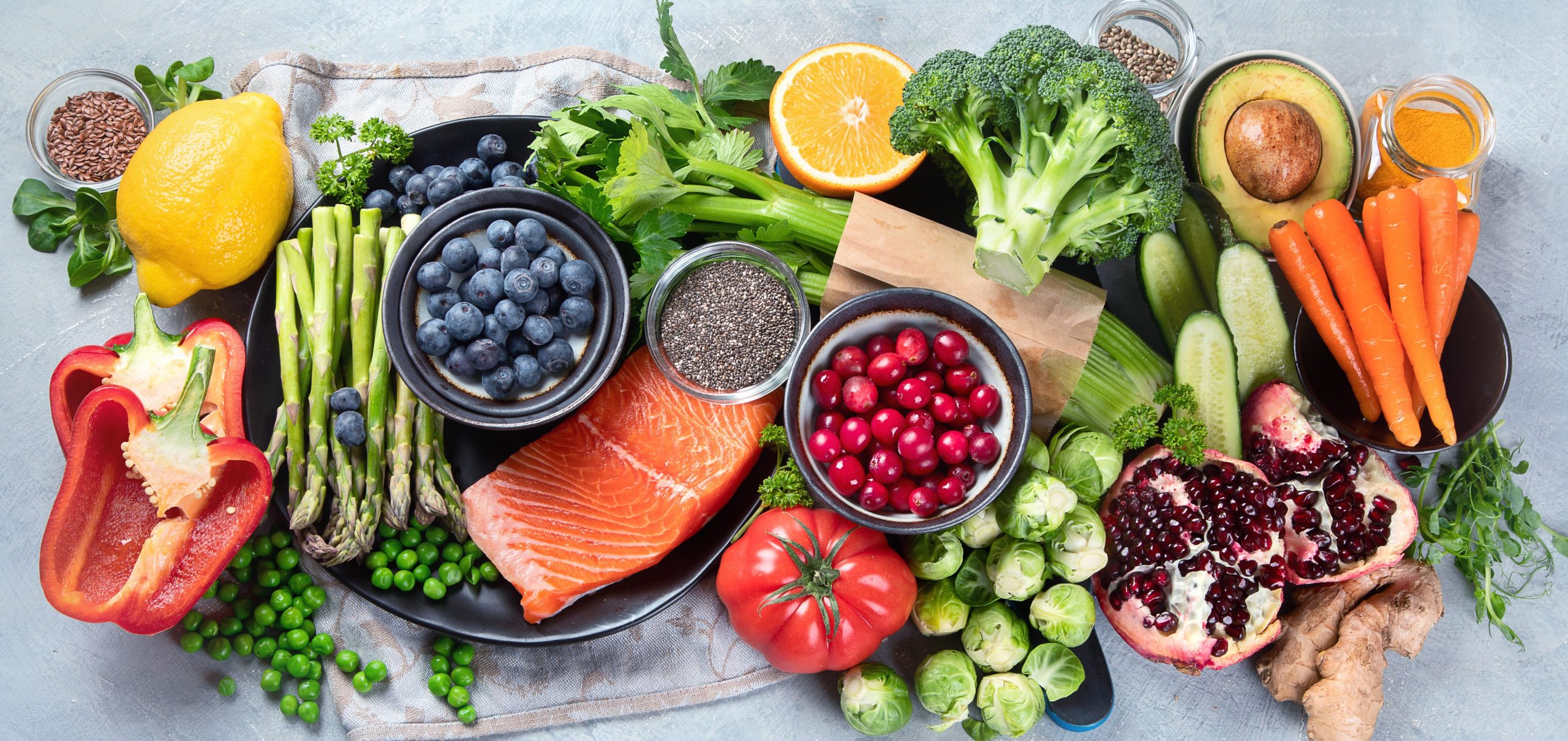Follow us on:

Recovering from Chemotherapy
Cancer-fighting is an arduous journey and we hope this article gives you insights and highlights the things to look out for as you continue this battle against cancer. If you are on your road to recovery, we are delighted to congratulate you on winning the fight against cancer! If you are currently undergoing treatments, we are here to reassure you that you are not alone in this and your time for success will come!
With cancer treatments like chemotherapy, certain undesirable side effects such as weakened immunity, muscle weakness, malabsorption of nutrients and neuropathy are inevitable and may persist even upon completion of treatment. As a result, your body may not be equipped to be subjected to drastic changes. Therefore, the key to recovering is to take things at an appropriate pace and making manageable changes along the way. Consistent effort to develop positive dietary and lifestyle habits can help speed up the recovery process. This article addresses 3 key areas that you can adjust to hasten your recovery:
- Diet
In this section, we will be addressing key nutrients and certain food groups, namely: antioxidants and phytochemicals, fibre, and meat.
- Antioxidants and Phytochemicals
Antioxidants and phytochemicals are substances that prevent damage to cells from highly reactive, unstable molecules called “free radicals.” Phytochemicals are naturally occurring compounds in plant foods such as fruits, vegetables, whole grains, beans, nuts and seeds. They are also known to decrease the risks of developing cancer. AICR recommends obtaining a wide variety of plant foods in our diet to get the full spectrum of phytochemicals available to protect our health.1
- Fibre
Dietary fibres are non-digestible carbohydrates that can either be soluble or insoluble. Fibre is associated with improved digestion and bowel movement. Good sources of fibre include beans, fruits, vegetables, whole grains and nuts. If you are not a fan of these food choices, or if you have trouble chewing or swallowing, a tip to consume the fibre your body require is to consume fruits and vegetables in the form of a smoothie. (*This is not applicable to patients recovering from colorectal cancer surgery as they will be requiring a low fiber / low residue diet)
- Meat / Protein
To debunk a commonly circulated myth, there is no need to eradicate all forms of meat from your diet. Meats like poultry and fish do not lead to cancer. However, there are certain types of meat that are associated with cancer risk, namely processed meat and red meat.
- Low immunity/Immune-compromised
During or after treatment, your immune system may be weakened and hence special precautions are to be taken to reduce the risk of infection.
- Ensure that food consumed is well-cooked, and handled safely or hygienically to prevent falling sick.
- Avoid raw honey and milk, choose the pasteurized versions instead.
- When eating out, avoid salad bars; sushi; and raw or undercooked meat as these foods are more likely to contain harmful bacteria.
- Exercise
It is no secret that exercise brings countless benefits to our health and well-being. From reducing the risks of onset of certain diseases to improving mental health, research has also shown that higher levels of exercise reduce the risks of several types of cancer.2 It is recommended to target at least 150 minutes of physical activity each week.3, 4 However, you may need to limit to low-intensity exercises and build up gradually depending on the extent your body can cope with. So, don’t be afraid to take things at a slower pace!
Life is not about waiting for the storm to pass but learning to dance in the rain. If you ever feel the urge to give up, look back at how far you have pulled through to get here. Let us close this chapter together and open up to a brand-new beginning!
References
- Collins K. (Nov 2015). Difference Between Antioxidants and Phytochemicals. American Institute for Cancer Research. Retrieved from: https://www.aicr.org/resources/blog/healthtalk-whats-the-difference-between-an-antioxidant-and-a-phytochemical/
- National Cancer Institute. (Feb 2020). Physical Activity and Cancer. Retrieved from: https://www.cancer.gov/about-cancer/causes-prevention/risk/obesity/physical-activity-fact-sheet
- HealthHub. (Sep 2020). Aim for 150 Minutes of Physical Activity Every Week. Retrieved from: https://www.healthhub.sg/live-healthy/386/150minutes
- Centers for Disease Control and Prevention. (Oct 2020). Physical Activity. Retrieved from: https://www.cdc.gov/physicalactivity/basics/adults/index.htm)
